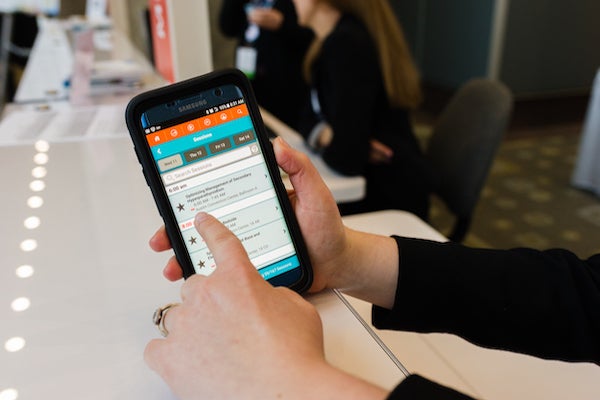April 14, 2021
COVID-19 forced many clinicians and patients to turn to digital, mobile, and virtual alternatives to avoid exposure to the virus. Now, with a year of experience under our belts, it looks like this technology is here to stay.
The healthcare community has realized that smartphones and their apps can be a great tool for patients to help manage their kidney disease from home and telehealth visits can be lifesavers.
Are You Like Most Patients Who Want mHealth?
Health investigator Dr. Sarah Schrauben, an assistant professor of Medicine and Epidemiology in the Division of Renal, Electrolyte, and Hypertension Department of Biostatistics, Epidemiology, and Informatics, at the University of Pennsylvania Perelman School of Medicine, recently released a study about mobile technology and its uses in patient care.
Dr. Schrauben conducted a study about the effectiveness of mobile health (mHealth) technologies in the December issue of the American Journal of Kidney Diseases (AJKD). It turned out that many individuals with kidney disease do currently use smartphones and the internet but more importantly, are really interested in using mHealth in the future. But too few use mHealth apps now or many don’t know how to use them.
And that presents an opportunity, she said, especially in solving how to reach more people of color, who reported a greater interest in using mHealth.
Smartphones (and use of apps) might just be the bridge to span the healthcare gap, since people who identified as belonging to a minority community were more interested in using apps than White participants, Dr. Schrauben said.
Endless applications
Imagine having your health records at your fingertips or being able to download apps that support your specific health needs or connect you to your clinician as soon as you need it. Dr. Schrauben sees the benefits to both patients and doctors are endless.
More to learn
It is important to recognize that most of the people in the study were interested in using mHealth in some way, but the skill level to do so was not very high, Dr. Schrauben found in her study.
This highlights that we will likely need to support people and educate them adequately about mHealth before they can take full advantage of the opportunities that mHealth affords.
Dr. Schrauben sees the next steps are to develop new apps and train patients and clinical teams how to use them.
Watch:
Facebook Live interview with Dr. Schrauben.










